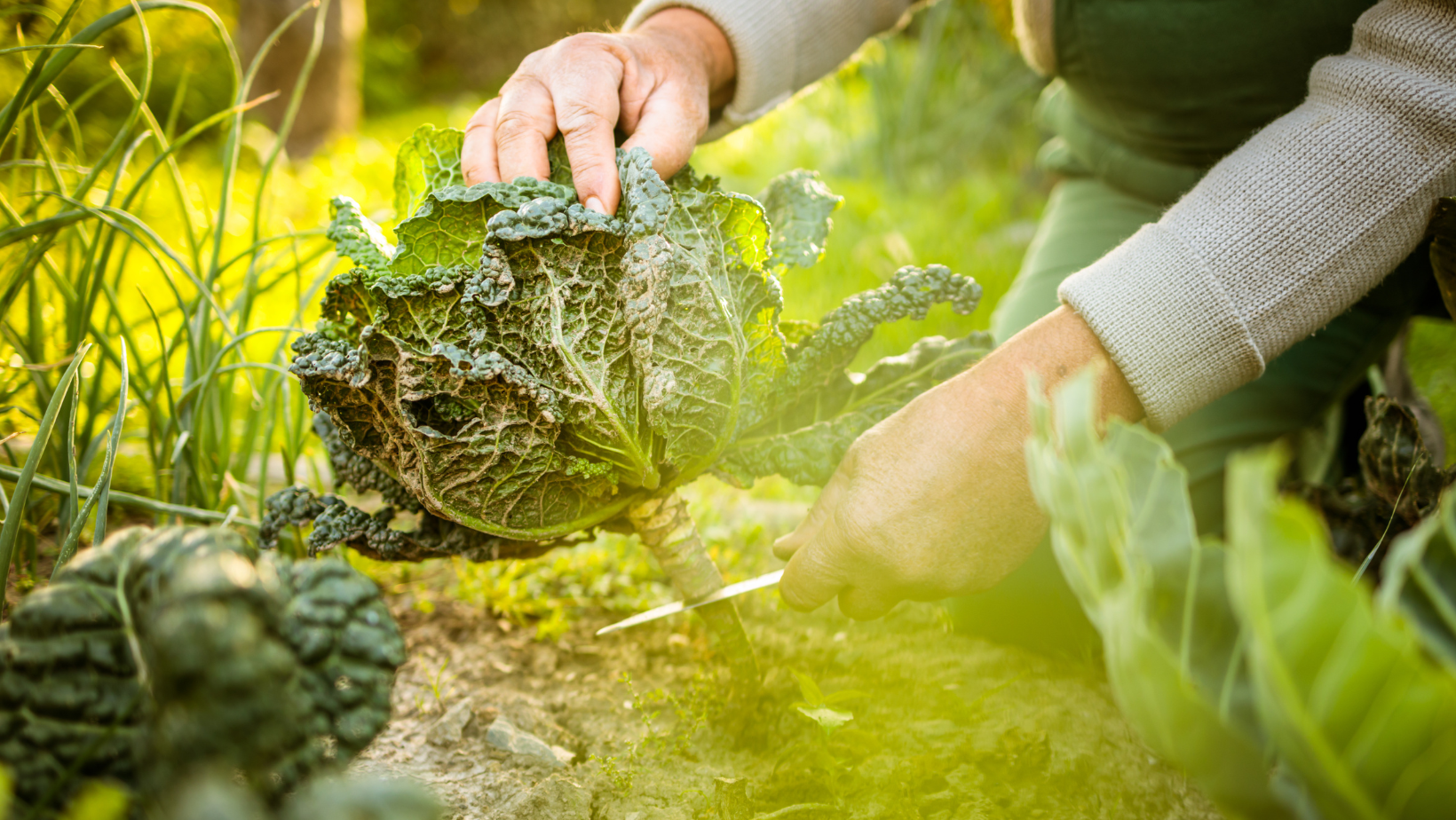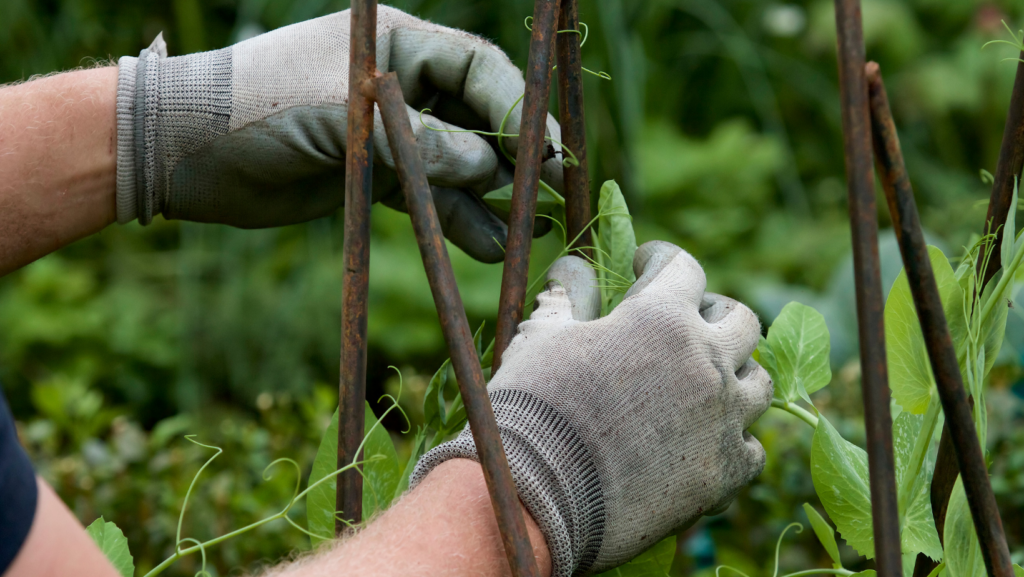Gardening can seem like a daunting task for beginners, with its myriad of techniques, tools, and terminology. However, it’s also a rewarding journey that can transform not just landscapes but also lives. Whether you’re aiming to beautify your balcony or cultivate a sprawling backyard, starting small can lead to big successes.
Gardening for Dummies
 Gardening offers a multitude of health and environmental benefits that make it a compelling hobby for people of all ages. Engaging in regular gardening activities can significantly reduce stress levels and promote mental clarity. Studies show that spending time in the garden lowers cortisol, a stress-related hormone, which improves overall mood and reduces anxiety. Furthermore, gardening encourages physical activity, enhancing cardiovascular health and facilitating weight management.
Gardening offers a multitude of health and environmental benefits that make it a compelling hobby for people of all ages. Engaging in regular gardening activities can significantly reduce stress levels and promote mental clarity. Studies show that spending time in the garden lowers cortisol, a stress-related hormone, which improves overall mood and reduces anxiety. Furthermore, gardening encourages physical activity, enhancing cardiovascular health and facilitating weight management.
Environmentally, gardens support local ecosystems by providing habitats for various wildlife species, including birds, insects, and small mammals. They contribute to air quality improvement by producing oxygen and absorbing carbon dioxide. Additionally, gardening minimizes carbon footprints since locally-grown produce requires less transportation than store-bought equivalents, thereby reducing greenhouse gas emissions.
Essential Tools for Beginners
 Transitioning from general gardening benefits to practical advice, beginners need the right tools to start their gardening journey effectively. Understanding what is necessary simplifies the process and increases the enjoyment of gardening. Here are the foremost tools a beginner gardener typically requires:
Transitioning from general gardening benefits to practical advice, beginners need the right tools to start their gardening journey effectively. Understanding what is necessary simplifies the process and increases the enjoyment of gardening. Here are the foremost tools a beginner gardener typically requires:
- Gloves: Protect hands from thorns, chemicals, and dirt. Opt for durable, well-fitting options that do not lose dexterity.
- Trowel: Useful for digging small holes, transplanting seedlings, and planting herbs. A sturdy trowel with a comfortable grip is essential.
- Pruning Shears: Essential for maintaining plant health, pruning shears help trim and shape plants. Ensure shears are sharp and fit comfortably in your hand.
- Watering Can: Choose a can with a detachable rose to control water flow, crucial for gently watering young plants and seedlings.
- Rake: Aids in clearing the garden of leaves and debris and in spreading soil evenly. A metal rake is recommended for its durability.
- Garden Fork: Helps break up compact soil, mix in nutrients, and dig up roots with ease. Select a fork with strong, sharp tines.
Starting Your First Garden
Choosing the right location is crucial for a thriving garden. Gardens require sufficient sunlight, typically about 6 to 8 hours daily. Selecting a spot with good drainage and access to water also influences plant health and growth. Testing soil quality is another vital step, ensuring it’s rich in nutrients and has the correct pH levels. If the soil isn’t ideal, adding organic matter, like compost, improves its condition.
Planning what to plant involves considering the local climate and season. Some regions may support vegetables like tomatoes and peppers, which need warm weather, while others might be perfect for cool-weather crops such as lettuce and kale. Starting with easy-to-grow plants builds confidence, and seasonal guides from local gardening centers can provide tailored advice.
Common Gardening Techniques
 Mastering common gardening techniques enhances a beginner’s ability to grow a thriving garden. Essential techniques such as mulching, companion planting, and crop rotation not only optimize plant health but also conserve resources.
Mastering common gardening techniques enhances a beginner’s ability to grow a thriving garden. Essential techniques such as mulching, companion planting, and crop rotation not only optimize plant health but also conserve resources.
- Mulching: Applying mulch conserves moisture, suppresses weeds, and improves the soil’s fertility. Organic options, including straw or bark, aid in insulating plant roots during extreme temperatures.
- Companion Planting: Growing certain plants together, like tomatoes with basil, protects against pests and diseases, and can enhance the growth and flavor of garden produce.
- Crop Rotation: Alternating the types of crops grown in specific areas of the garden each season prevents soil depletion, reduces pest accumulation, and minimizes the risk of plant diseases.
Seasonal Gardening Tips
Embracing gardening as a beginner can seem daunting yet it’s immensely rewarding. By starting small and mastering the essentials you’re setting yourself up for success. Remember the joy that comes from harvesting your own produce is unparalleled and well worth the effort. Armed with the right tools and techniques you’re not just growing plants—you’re enhancing your well-being contributing to environmental health and cultivating a sustainable lifestyle. Whether it’s through stress-relief or the satisfaction of a thriving garden the benefits of this engaging activity are boundless. So keep nurturing your green thumb and watch as your garden and your gardening skills flourish season after season.

